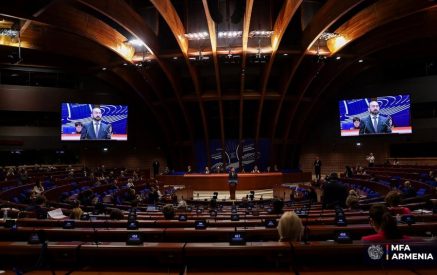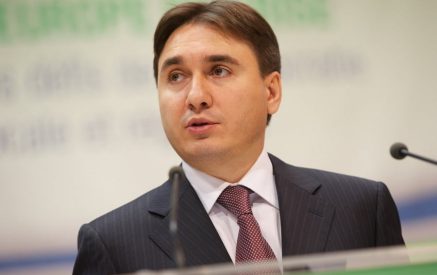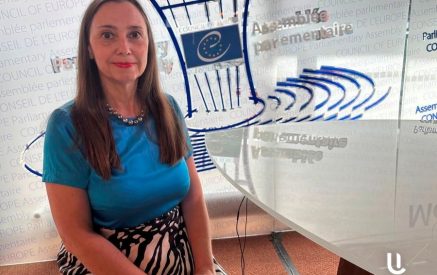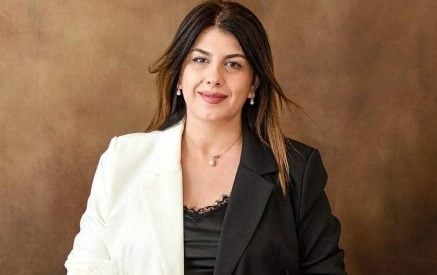Participants at a PACE online webinar today looked at lessons from the COVID-19 crisis on child safeguarding and protection, concluding that the pandemic had had a “devastating” impact on children’s mental health, with a special impact on young people unable to take part in sport.
The event, organised by the Assembly’s Committee on Social Affairs, Health and Sustainable Development, brought together parliamentarians with leading figures in child protection and the world of sport.
Baroness Doreen Massey (United Kingdom, SOC), PACE’s rapporteur on addressing sexual violence against children, said that while many issues were a problem long before COVID-19, responses to the pandemic “had failed to address how children would be affected by the lockdown”. She cited increased domestic violence, greater alcohol consumption, more violent pornography, as well as children out of school who were beyond the help of social services. All of this, she said, meant “problems are being stored up for the future”. Her report on this topic is due to be debated by PACE’s Standing Committee next week.
Dorothy Rozga, head of Child Rights at the Centre for Sport and Human Rights, said her organisation was about to issue a report on how COVID-19 had affected children’s rights in the context of sport. The pandemic was having negative effects on the physical and mental health of child athletes, she said, pointing out that: “Sport is a safe haven for children that has been lost to many during the pandemic”. E-sport in particular – which had flourished during the lockdown – needed safeguarding policies and procedures. Child safeguarding should become “the new normal” throughout the world of sport.
Read also
George Nikolaidis, former Chair and representative of Greece in the Lanzarote Committee, said the pandemic had had a “devastating” impact on children’s mental health. Fear of the virus, serious disruption to children’s social lives, and the financial squeeze on families had all negatively affected children’s well-being, while lockdown at home had left them cut off from the usual support networks, and – especially teenagers – living their lives increasingly online. “Violence against children is another pandemic, that will resonate for decades,” he said.
Joyce Cook, Chief Social Responsibility and Education Officer for FIFA, outlined what the global football body was doing to keep young athletes safe. FIFA had launched a “Guardians’ Toolkit”, established a Safeguarding Department and was working on a “Safeguarding in Sports” Diploma, the first such course anywhere. She acknowledged that there had been some very high-profile cases, which were currently being investigated, and pledged that FIFA took that responsibility seriously. “We need to embed safeguarding measures, so that children are free to enjoy sport as a fun, joyful experience,” she said.
Aaron Smith, Youth Ambassador for the Northern Ireland Commonwealth Games Council, said young people should be able to exist in “a safe space, free from judgment or ridicule”. Children should be able to enjoy sport in a secure environment, with adults who work with children being subjected to checks. Children should be “nurtured to grow and succeed” rather than exclusively pushed to win. Young people should be treated with “sympathy, authenticity and respect”, with youth teams treated as children first, then as athletes.
PACE





























































